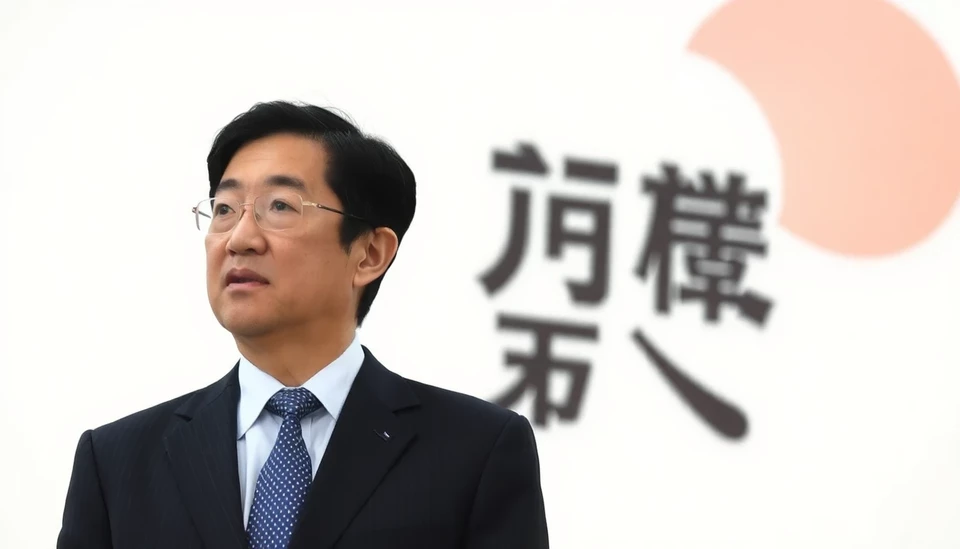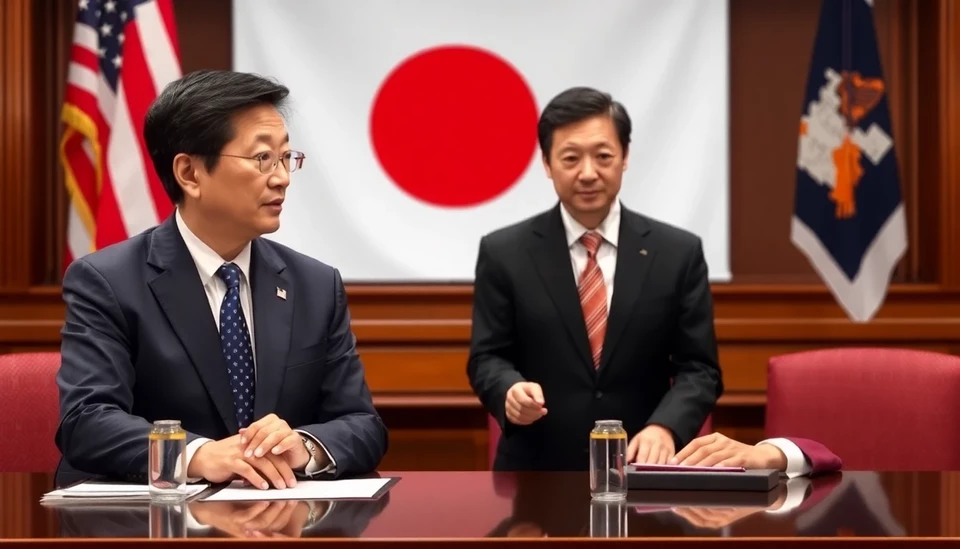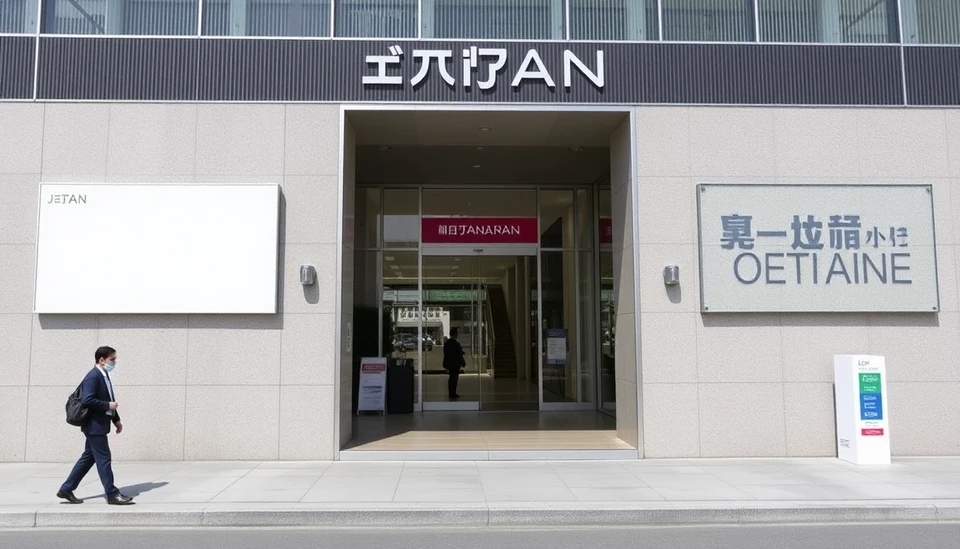
In a recent statement, Kenta Tamaki, the leader of Japan's Democratic Party for the People (DPP), has called on the Bank of Japan (BOJ) to exercise restraint and not consider raising interest rates prior to March of the upcoming year. This remark comes in the context of ongoing discussions regarding Japan’s economic stability and the influence of monetary policy on inflation and growth.
Tamaki's comments underscore a growing concern among politicians and economists regarding the timing of potential rate adjustments, especially in light of external economic pressures and the domestic recovery pace. As the BOJ faces pressure to normalize its ultra-loose monetary policy—implemented to stimulate the economy following years of stagnation—the DPP leader warns against hastily altering rates that could adversely impact consumers and businesses alike.
The backdrop of these comments reveals a critical period for Japan’s economy, which has shown signs of improvement but remains fragile. Tamaki emphasized the importance of a cautious approach, arguing that any premature increase in rates could derail the ongoing recovery and lead to unwanted consequences such as reduced consumer spending and business investment.
In the face of potential global economic challenges, including fluctuating energy prices and evolving geopolitical tensions, Tamaki’s stance represents a segment of the Japanese political landscape advocating for a more measured and thoughtful monetary policy. He expressed his hopes that the BOJ would act judiciously, taking into account not only past successes but also the unpredictable factors that could influence future economic outcomes.
As markets speculate about the future direction of Japan's monetary policy, the DPP's position highlights the tension between the BOJ's objectives and the needs of the broader economy. The focus now shifts to whether the central bank will heed these warnings as it navigates the complexities of economic stabilization in a rapidly changing world.
With pivotal discussions surrounding interest rates expected to continue, all eyes will be on the BOJ’s upcoming meetings, where decisions made could have significant implications for both the domestic economy and international markets.
In conclusion, Kenta Tamaki’s remarks serve as a reminder of the delicate balance that must be maintained within Japan's economic framework, particularly as the BOJ contemplates its next steps in monetary policy.
#Japan #BOJ #InterestRates #KentaTamaki #DPP #MonetaryPolicy #Economy #Inflation
Author: Rachel Greene




